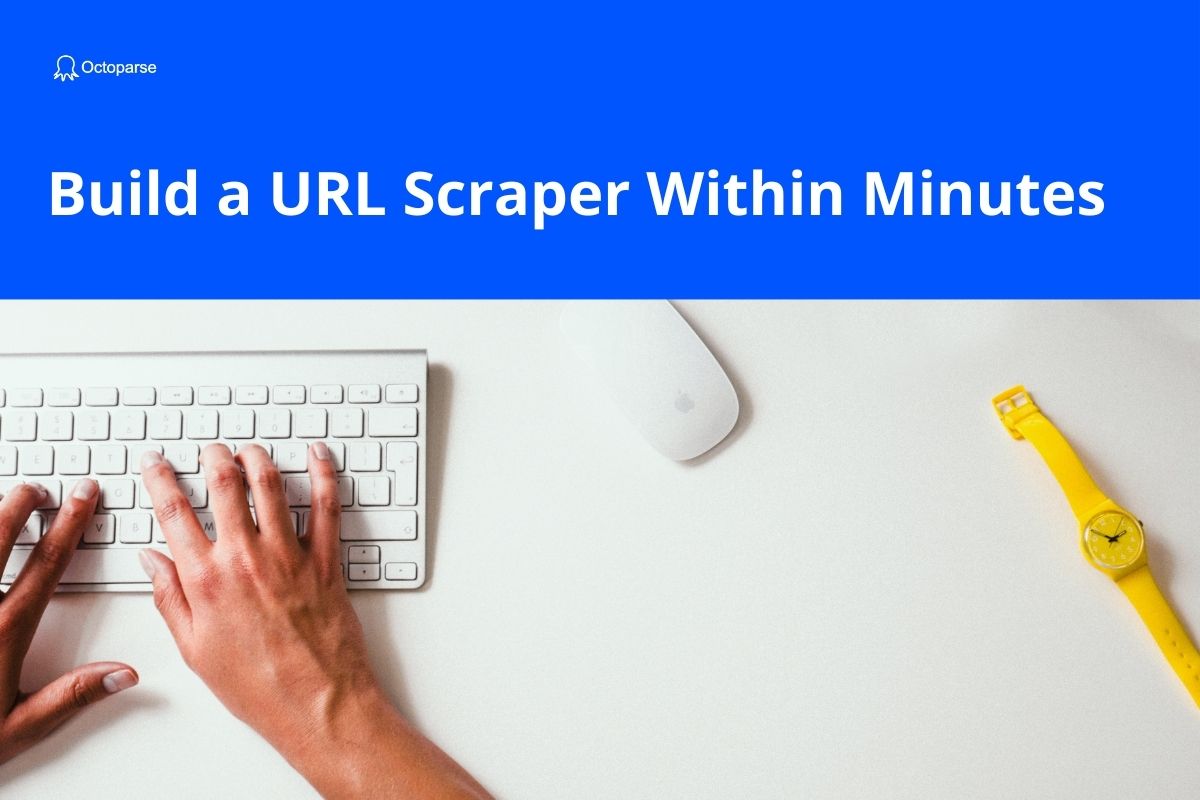
The Digital Gold Rush: Understanding URL Scraping in the Modern Era
Imagine having the power to extract hundreds of valuable web addresses with just a few clicks. In today‘s hyper-connected digital landscape, URL scraping has transformed from a niche technical skill to an essential strategy for professionals across industries.
As someone who has spent years navigating the complex world of web data extraction, I‘ve witnessed firsthand how the right scraping technique can unlock unprecedented insights and opportunities. Whether you‘re a digital marketer, researcher, or entrepreneur, mastering URL scraping can be your gateway to understanding and leveraging online information.
Why URL Scraping Matters More Than Ever
The internet is an expansive ecosystem of interconnected information. Every website, search result, and digital platform contains a treasure trove of URLs waiting to be discovered. Traditional manual methods of copying and pasting links are not just time-consuming—they‘re obsolete.
Modern URL scraping goes beyond simple link collection. It‘s about intelligent data extraction, pattern recognition, and transforming raw web information into actionable intelligence. From competitive analysis to SEO optimization, the applications are virtually limitless.
Technical Foundations: How URL Scraping Works
At its core, URL scraping is a sophisticated process of programmatically extracting web addresses using various technologies and methodologies. Think of it like a digital archaeologist carefully excavating hidden connections across the web.
The Anatomy of a URL Scraper
A robust URL scraper typically consists of several critical components:
- Request Management: Sending HTTP/HTTPS requests to target websites
- HTML Parsing: Analyzing page structure and identifying link elements
- Data Extraction: Collecting and filtering relevant URLs
- Error Handling: Managing connection issues and website restrictions
- Output Formatting: Organizing extracted data for further analysis
Practical Implementation: Multiple Scraping Approaches
Approach 1: Python-Powered Extraction
Python has emerged as the preferred language for web scraping due to its simplicity and powerful libraries. Here‘s a professional-grade implementation:
import requests
from bs4 import BeautifulSoup
import logging
class URLScraper:
def __init__(self, target_url):
self.target_url = target_url
self.headers = {
‘User-Agent‘: ‘Mozilla/5.0 Professional URL Scraper‘
}
def extract_urls(self, filter_criteria=None):
try:
response = requests.get(self.target_url, headers=self.headers)
soup = BeautifulSoup(response.text, ‘html.parser‘)
# Advanced URL filtering
urls = [link.get(‘href‘) for link in soup.find_all(‘a‘)
if link.get(‘href‘) and self._validate_url(link.get(‘href‘))]
return urls if not filter_criteria else [url for url in urls if filter_criteria(url)]
except requests.RequestException as e:
logging.error(f"Scraping error: {e}")
return []
def _validate_url(self, url):
# Implement custom URL validation logic
return url.startswith((‘http://‘, ‘https://‘))Approach 2: JavaScript Dynamic Scraping
For websites with complex JavaScript rendering, Puppeteer offers a powerful solution:
const puppeteer = require(‘puppeteer‘);
async function scrapeAdvancedUrls(url) {
const browser = await puppeteer.launch();
const page = await browser.newPage();
await page.goto(url, { waitUntil: ‘networkidle2‘ });
const urls = await page.evaluate(() => {
const links = Array.from(document.querySelectorAll(‘a‘));
return links
.map(link => link.href)
.filter(href => href.startsWith(‘http‘));
});
await browser.close();
return urls;
}Navigating Legal and Ethical Considerations
Web scraping isn‘t just a technical challenge—it‘s a legal and ethical minefield. Responsible scraping requires understanding:
- Website terms of service
- Robots.txt restrictions
- Data privacy regulations
- Ethical data collection practices
Best Practices for Responsible Scraping
- Always check a website‘s robots.txt file
- Implement reasonable request rates
- Avoid overwhelming target servers
- Respect intellectual property rights
- Use scraping for legitimate purposes
Advanced Techniques and Performance Optimization
Proxy Management
Professional scrapers utilize proxy rotation to:
- Prevent IP blocking
- Distribute requests across multiple networks
- Maintain anonymity
- Improve success rates
Rate Limiting and Intelligent Delays
import time
import random
def intelligent_request_delay():
# Randomized delay to mimic human browsing
delay = random.uniform(1.5, 3.5)
time.sleep(delay)Emerging Trends in Web Scraping
The future of URL scraping is incredibly exciting. Machine learning algorithms, cloud-based scraping services, and advanced anti-detection mechanisms are revolutionizing how we extract and analyze web data.
Future Predictions
- Increased AI-driven scraping techniques
- Enhanced privacy protection
- More sophisticated anti-bot technologies
- Regulatory frameworks for ethical data extraction
Conclusion: Your Path to Scraping Mastery
URL scraping is no longer a mysterious, complex skill reserved for elite programmers. With the right knowledge, tools, and approach, you can transform web data collection into a streamlined, powerful strategy.
Remember, successful scraping is about balance—technical prowess, ethical considerations, and continuous learning.
Start your journey today, and unlock the vast potential of web data extraction!










